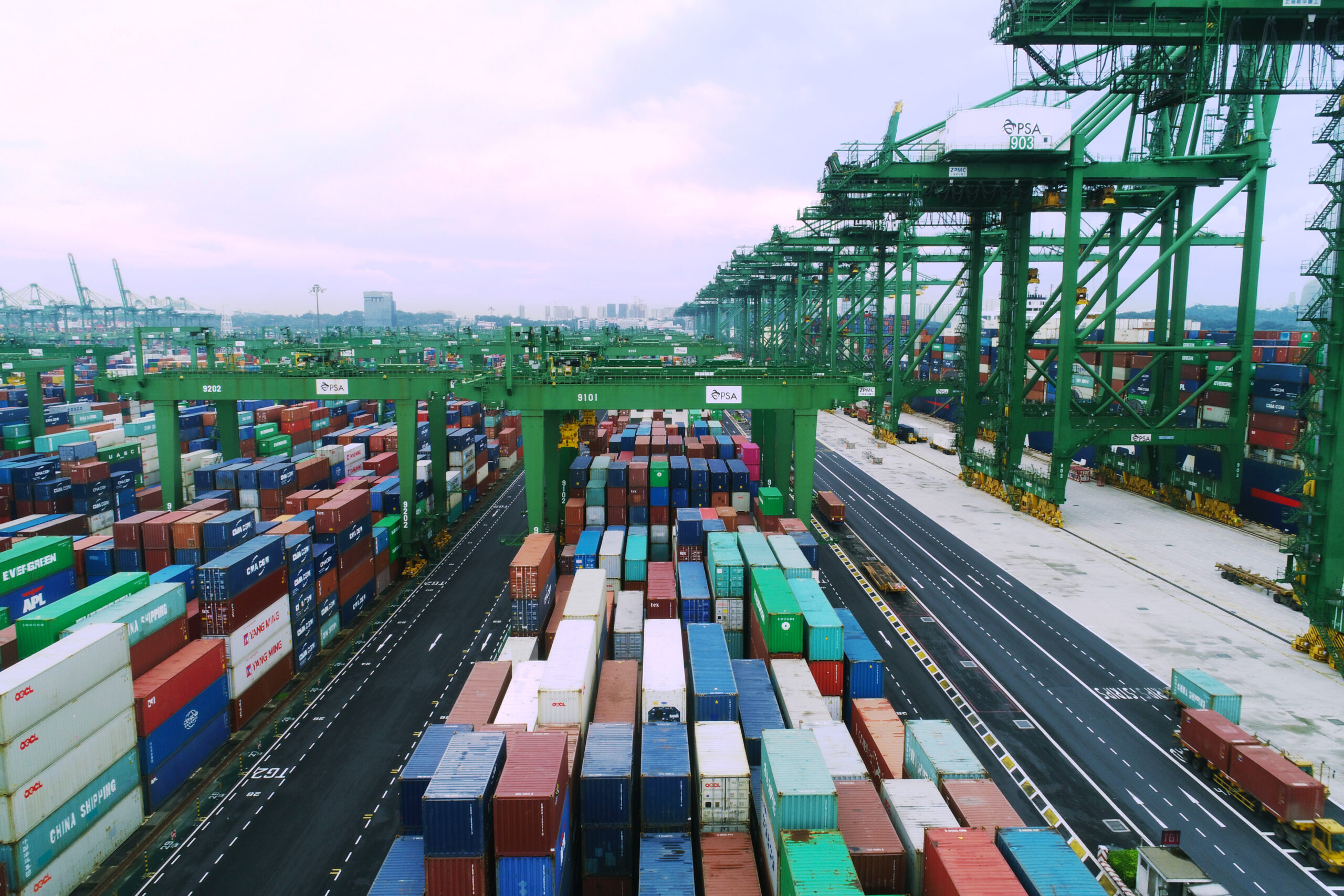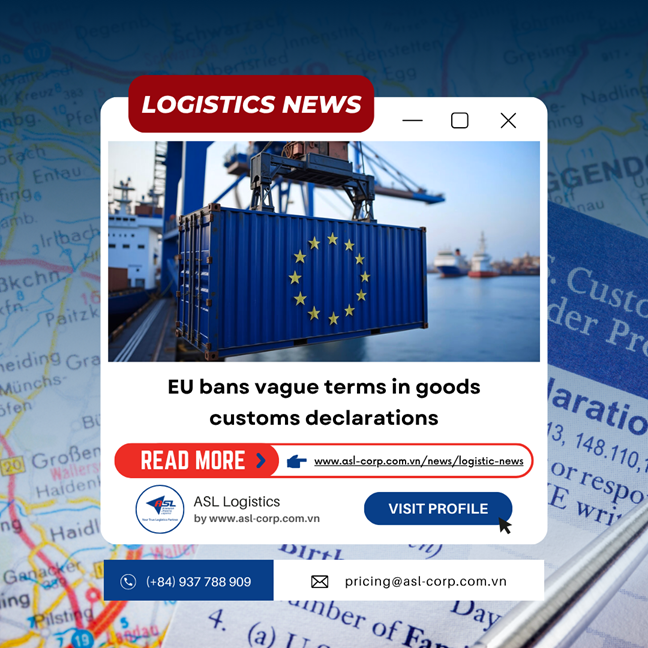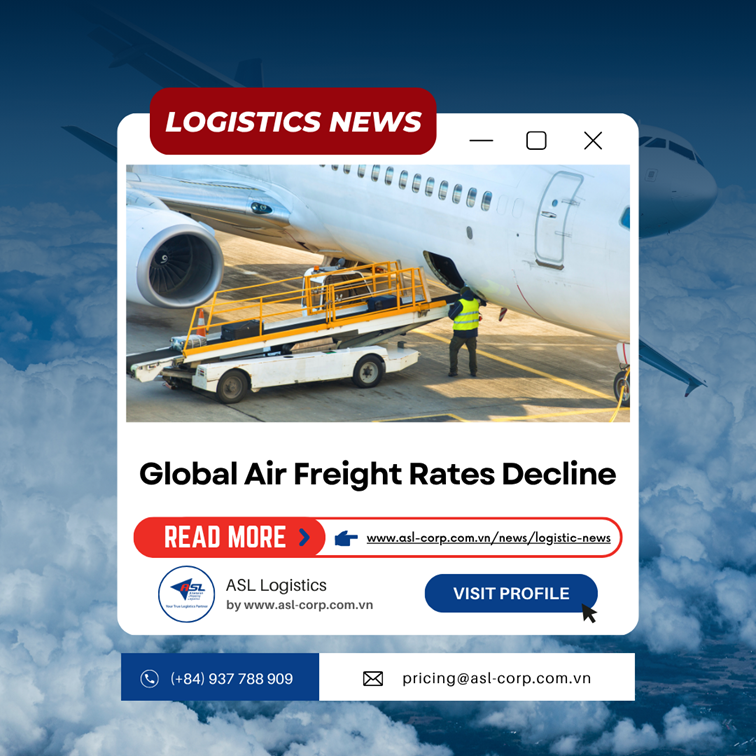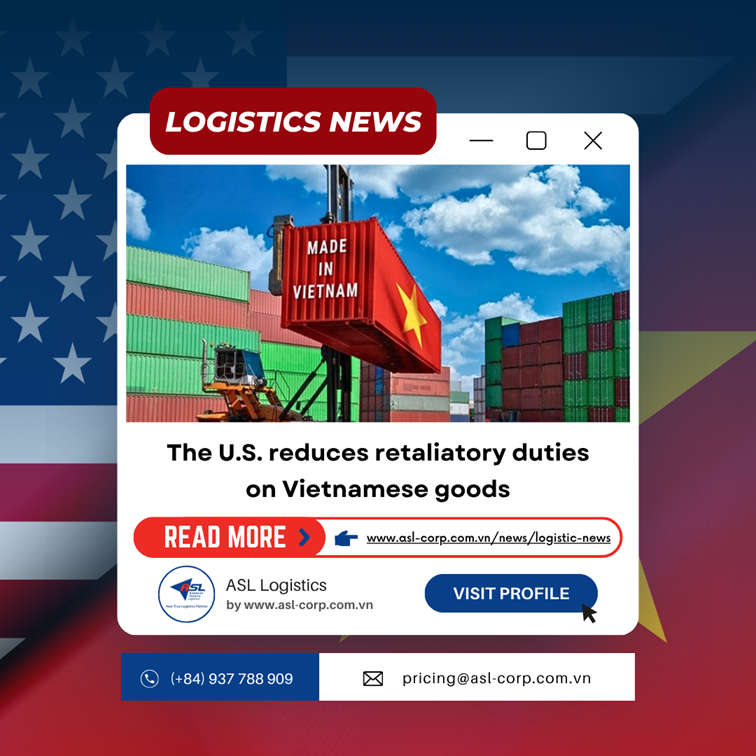Logistic News
SINGAPORE PORT BECOMES NEW BOTTLENECK IN GLOBAL SUPPLY CHAIN
15 June 2024
The world's second largest container port - Singapore - has experienced a spike in congestion, forcing carriers to extend charter contracts and build container fleets to prepare for the extended peak season.

Singapore PSA container terminal (Source: PSA)
According to Hong Kong analyst Linerlytica, this severe new port congestion has added an element of uncertainty to an already stressed container market that is struggling to cope with shortages of container equipment and space on board, mainly as a result of the diversion in the Red Sea.
“The global port congestion indicator hit the 2m TEU mark, accounting for 6.8% of the global fleet with Singapore becoming the new congestion hotspot. The SCFI [Shanghai Containerized Freight Index] has jumped by 42% in the past month, with further gains to follow in June as carriers are adding new surcharges and rate hikes,” Linerlytica commented in its latest weekly report.
Linerlytica claims that carriers have been forced to secure new equipment and extend charters beyond September “after their initial hesitation to commit too far ahead in the event that demand would falter after the summer peak season.”
Market signals are “extremely bullish” and are reminiscent of the sharp rate increases that began in 2021 and continued throughout 2022.
Port congestion at the time was caused by cargo backlogs at U.S. ports with insufficient inland capacity to store or move containers, causing ships to be delayed waiting for loading space, leading to the knock-on effect is that too few empty containers are returned to Asia to continue shipping exports.
This year congestion has returned to the container supply chain, with Singapore becoming the latest "victim", as ships returned to Asia off schedule due to extended journeys around the Cape of Good Hope in Africa. Furthermore, carriers do not have enough capacity to handle the longer supply chains caused by the diversion across the Cape of Good Hope.
“There are berthing delays of up to seven days with the total capacity waiting to berth rising to 450,000 teu in recent days. The severe congestion has forced some carriers to omit their planned Singapore port calls, which will exacerbate the problem at downstream ports that will have to handle additional volumes", said the analyst.
Additionally, the delays have led to ship crowding, causing “spillover congestion” and schedule disruptions at other ports in the region.
Increasing port congestion has kept more than 400,000 TEUs of ship capacity out of traffic in the last week alone, with a further escalation to the current critical delays expected in the coming weeks as the peak season gathers pace.

Head Office
ASL Hồ Chí Minh
Số 31/34A Ung Văn Khiêm, Phường Thạnh Mỹ Tây, TP. Hồ Chí Minh, Việt Nam
 Công Ty Cổ Phần Giao Nhận Vận Tải Mỹ Á
Công Ty Cổ Phần Giao Nhận Vận Tải Mỹ Á
 (+84)28 3512 9759
(+84)28 3512 9759
 (+84)28 3512 9758
(+84)28 3512 9758
 pricing@asl-corp.com.vn
pricing@asl-corp.com.vn
 mdirector@asl-corp.com.vn
mdirector@asl-corp.com.vn
 www.asl-corp.com.vn
www.asl-corp.com.vn
LOGISTICS SERVICES











.png)
.png)

.png)




